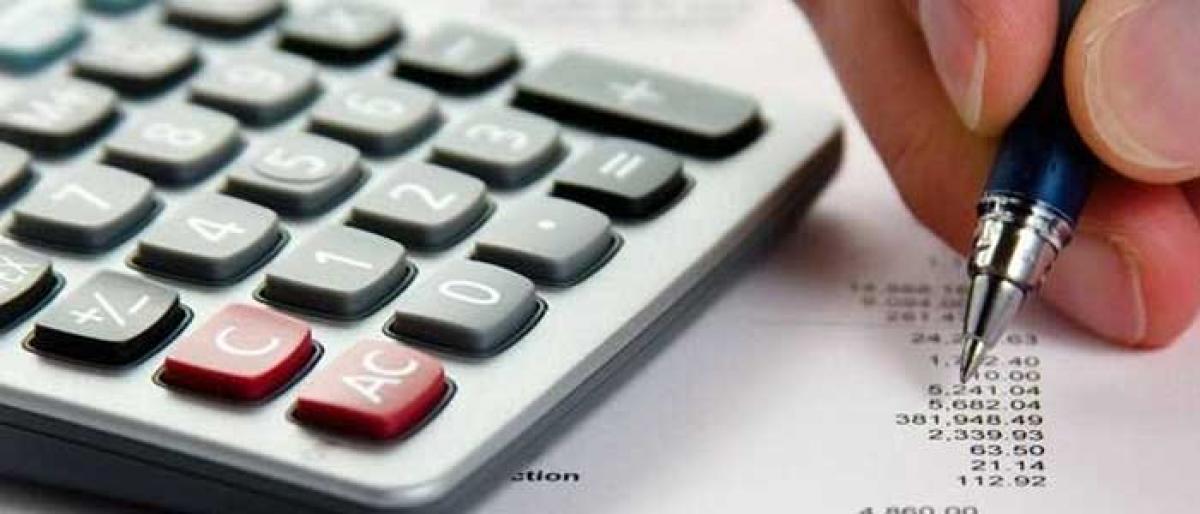Live
- 2024 on track to be hottest year on record
- PM Modi’s visit to Solapur: Women applaud ‘Double-Engine’ government’s initiatives
- Nagarkurnool MLA Dr. Kuchukulla Rajesh Reddy Campaigning in Maharashtra Elections
- Wife Kills Husband with Her Lover: Details of Veldanda Murder Case Revealed by SP Gaikwad
- Strict Action on Violations of Food Rights: Telangana Food Commission Chairman Goli Srinivas Reddy
- Smooth Conduct of Group-3 Exams with Strict Security Measures: Collector Badavath Santosh
- Delhi HC orders cancellation of LOC issued against Ashneer Grover, wife
- Shami’s absence a major blow for India in BGT, says Paul Adams
- Will organize protests at borders if attack on minority Hindus in Bangladesh not stopped: Bengal LoP
- Dutch Ambassador Marisa Gerard Meets Telangana CM A. Revanth Reddy in Delhi









